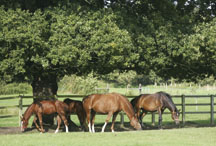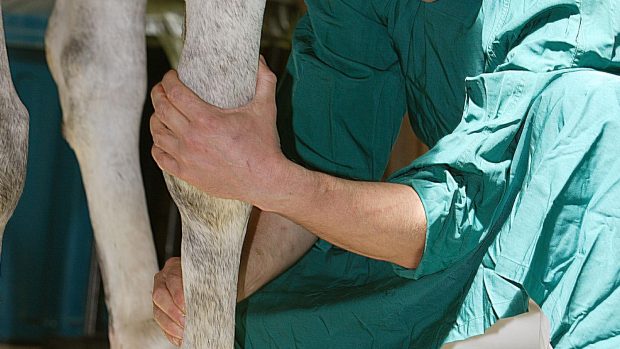British vets are welcoming new research that could explain the cause of the mysterious and fatal condition atypical myopathy.
Scientists in the USA have found a link between toxins from the box elder tree and seasonal pasture myopathy, the American equivalent of atypical myopathy.
In 2011, UK vets put out a warning, sparked by an increasing number of cases of atypical myopathy (news, 17 November 2011). The year before, around 20 horses in Cornwall died from the disease.
Outbreaks of both diseases tend to be seasonal, with most cases occurring in the autumn. Symptoms in horses with the condition include muscular weakness and stiffness, dark urine, fatigue, colic-like signs and trembling.
Victims are usually kept in sparse pastures, where dead leaves are on the ground.
The research identified that seeds from box elder trees were present in the grazing of all 12 US horses in the study.
“This is a really important step forward,” said British vet Professor Celia Marr, who edits the Equine Veterinary Journal.
“We don’t know for sure that the causes are the same, but the clinical signs are identical and both conditions have a high fatality rate. Identifying a specific cause for atypical myopathy will be significant, as it is only when we know the causes that this condition can be prevented.”
Box elder is an American tree, but the toxic chemical it contains is found in other plant species. Early test results show that the European condition may be linked to similar trees, which could have an important bearing on future prevention of the disease.
H&H veterinary adviser Karen Coumbe said she welcomed the news.
“It sounds quite probable as the disease is known to occur on poor pasture and near wooded areas, often where there are dead leaves on the ground,” she said. “It would be useful if more research can be done, especially in the UK.”
This news story was first published in Horse & Hound magazine (14 February 2013)





